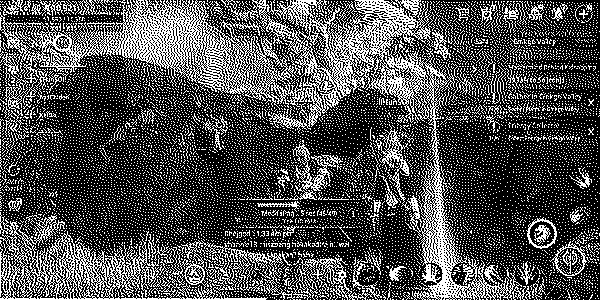MIR4, a mobile old-school MMORPG

I keep looking backward, chasing fragments of what Everquest and World of Warcraft used to be. Those late-night raids, the rush of PVP skirmishes, the sense that you were part of something larger than yourself. But time moves on, and so do we. Adulting has this way of compressing your free hours into discrete, guilt-laden chunks.
So I did what any reasonable person does when nostalgia gnaws at them: I downloaded MIR4, a Korean mobile MMO that promised something different. Eastern MMOs have always played by different rules—less emphasis on story, more focus on full-loot PVP and streamlined systems. The kind of game designed for those smoky PC bangs where your entire clan sits shoulder to shoulder, voices overlapping in real-time coordination.
Here's the thing about modern mobile MMOs: they've transformed into something I can only describe as "RPG Management Sims." They've taken all the pieces of traditional MMORPGs—questing, combat, looting—and automated them. Your character farms resources while you sleep, while you work, while you live your actual life. You're not playing the game so much as managing it, checking in periodically to optimize systems and allocate resources.
MU Online and Ragnarok Online pioneered this approach years ago in China and Korea. They became testing grounds for what happens when you introduce second currencies and item malls into gaming's DNA. The results were... mixed. But profitable.
I knew all this going in. I'd already fallen down similar rabbit holes with Lineage 2 Revolution and Black Desert Mobile. Should've learned my lesson. But friends were playing MIR4, and there's something compelling about shared experiences, even when you know better.
For a while, it worked. MIR4 felt streamlined in the right ways. The xianxia setting, the promise of dungeons and raids, the constant threat of open-world PVP—it scratched an itch I didn't know I still had. Simple enough to pick up during a commute, complex enough to feel rewarding.
Then the cracks started showing. Pay-to-win mechanics that give whales not just advantages but entire kingdoms. Web3 integration that transforms every interaction into a potential transaction, every game session into a market calculation. The game stops being about the experience and becomes about extraction—of your time, your attention, your wallet.
It's the same reason I quit Dark Eden M. There's a point where you realize the game isn't designed for you to enjoy it. It's designed for you to want to enjoy it, perpetually, just out of reach unless you cross certain monetary thresholds.
Not my cup of tea.